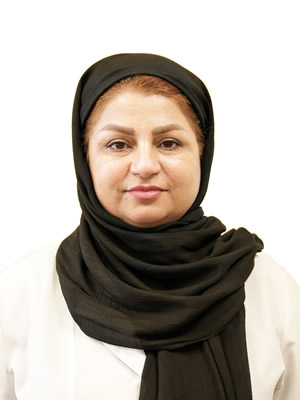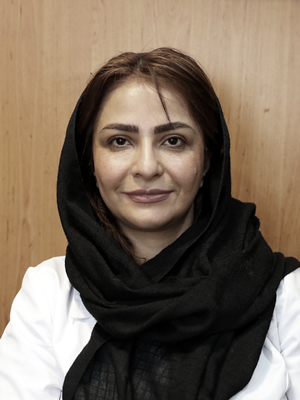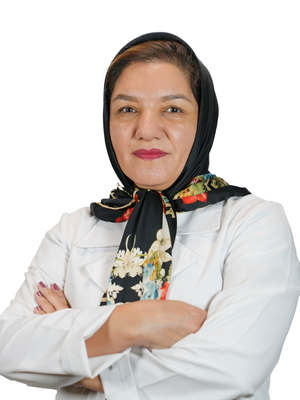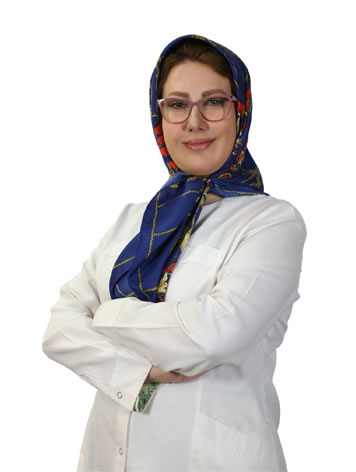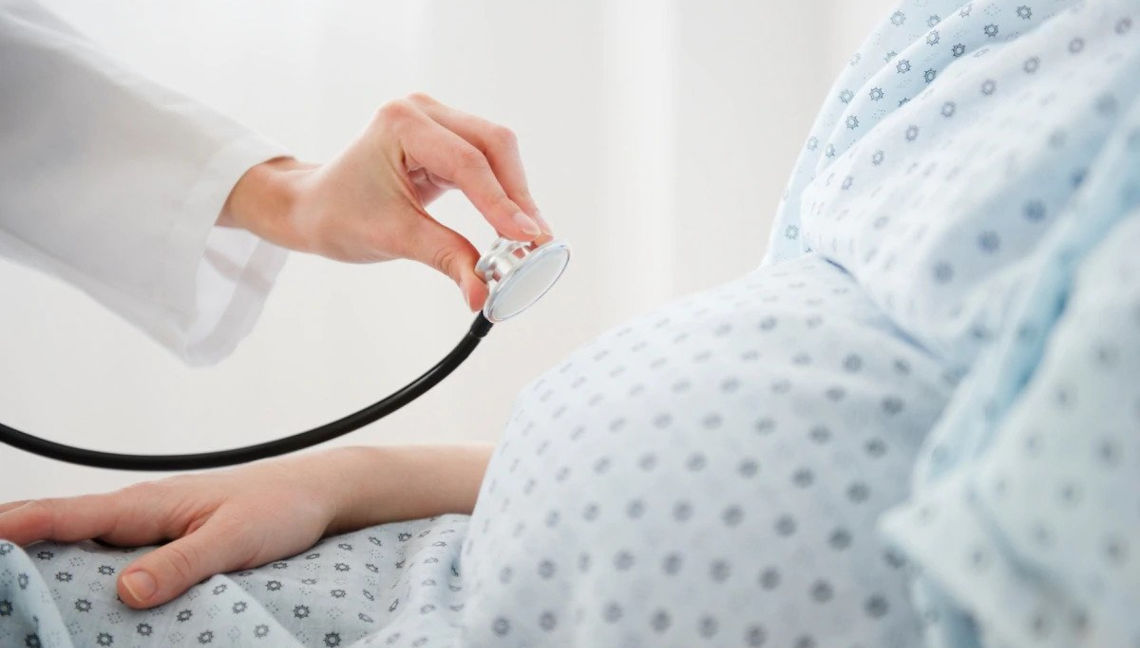
Perinatology Clinic
With respect to the fact that early disease detection will help prevent to birth (or to give birth) fetal with abnormalities and subsequent therapeutic expenses, AIC proceeded to establish perinatology clinic. In this clinic, the experienced specialists get in touch frequently with the well-equipped centers worldwide and offer the most appropriate services to the patients. Moreover, maternity services are provided with the routine and serial ultrasound scans in order to assess the fetus' health.
Here, patients can be classified into five groups as follows: Couples who are concerned about giving birth to babies with genetic disorders such as those with a history of cousin marriage or delivering a baby with a chromosomal abnormality. Women who have experienced high-risk pregnancies like those conceived after recurrent abortion or failures of ART cycles. Women who have a normal pregnancy (as a result of natural conception or using assisted reproductive techniques) also require specialized cares. The pregnants who have been referred from other clinics owing to the problems after amniocentesis, placental biopsy and etc. Women who conceive through ARTs may require postnatal care.
In perinatology clinic, pregnant women are evaluated in the first, second and third trimester with specific intentions. Furthermore, Doppler ultrasound, biophysical profile, amniocentesis, chorionic villus sampling (CVS) and cordocentesis (Percutaneous umbilical cord blood sampling) are used to monitor a fetal wellbeing.
The first-trimester ultrasound (between 12th and 14th weeks of gestation) builds a general image of the fetus on the screen besides its movements, heartbeat and any probable anomalies. Moreover, nuchal translucency (NT) scan and ultrasound will be applied to determine the risk of having a baby with Down syndrome. The second-trimester ultrasound (between weeks 18-22) checks the embryo’s development and amniotic fluid index. This ultrasound is required for all the pregnants. In the third-trimester ultrasound, the baby's head, abdomen, and femur (thighbone) can be measured to calculate its approximate weight.
So, the inadequate growth of embryo in the uterus can be detected via this method. Biophysical profile (BPP) is a diagnostic test typically performed during the third trimester for thorough assessment of an embryo’s health. A BPP test keeps track of an embryo’s movement and measures the amount of amniotic fluid. In this method, the rhythm of fetal heartbeat is recorded using cardiotocography (CTG) and finally according to analyses, the number of given scores to the embryo’s wellbeing is varied from 0-10. There is a greater risk of having a child with genetic abnormalities when a pregnant woman is over age 35 or she previously had a pregnancy affected by chromosomal disorders.
In this condition if it is needed according to specialist option, a hollow needle is inserted into the mother’s abdominal wall to extract amniotic fluid; afterwards the fetal cells are grown in a culture medium in order to examine their chromosomes for abnormalities. Amniocentesis is performed between the 15th-20th weeks of pregnancy. The test takes only a few minutes and does not require hospitalization. Since the risk of multiple birth following IVF treatment raises to 3 percent compared to natural conception, AIC provided the possibility of embryo reduction in multiple pregnancies during the first trimester to promote maternal and fetal health and prevent multiple birth complications including Intrauterine growth restriction (IUGR), cervical dilation, severe anemia, preeclampsia, pelvic thrombophlebitis and babies with low birth weight.
In this clinic, the experts will answer any questions that patients may have and also offer counseling over the phone.



